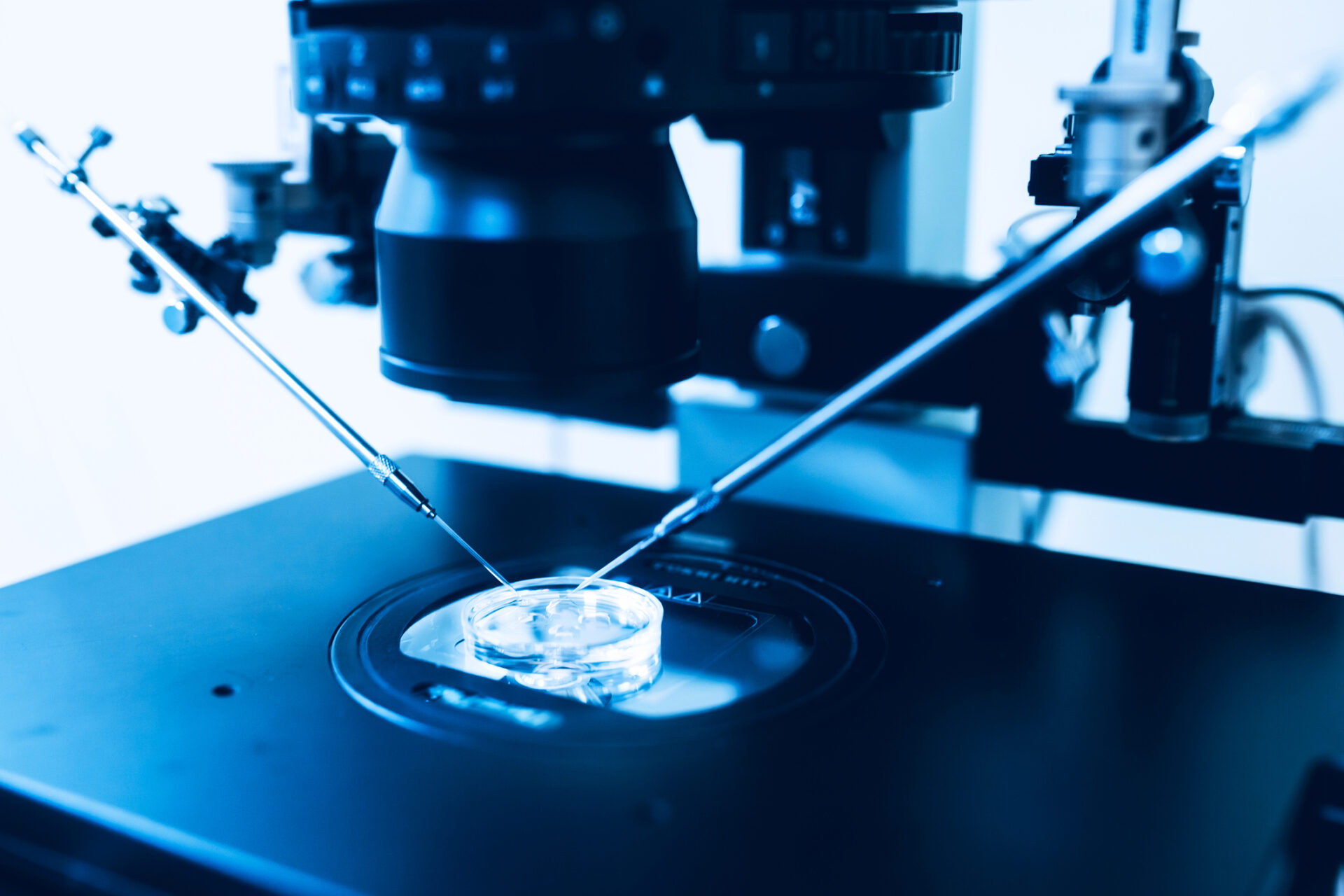
Infertility is common and affects about 48 million couples globally, according to Cleveland Clinic. In recent years, more couples in the United States have turned to IVF (in vitro fertilization), but IVF cycles are not always successful, and the cost of even a single cycle remains steep. Two start-ups are hoping that robots will lead to better results and make IVF more accessible to those struggling with infertility.
Although the idea of robots making babies might sound pretty far-fetched, at least 20 babies have been born “through clinical trials that involve automation with little to no human intervention,” according to a recent report from the Washington Post.
Why rely on robots for this?
The newspaper spoke to two start-ups, Conceivable Life Sciences and Overture Life, that are seeking to automate steps in the IVF process. Conceivable Life Sciences is experimenting with a system called Aura, which automates 205 manual steps in the process. Mexican fertility doctor Alejandro Chávez-Badiola, chief medical officer of Conceivable, told the newspaper that “every IVF clinic has its ICSI superstar — the embryologist who gets the best results because they just have that special touch.” With the help of robots, his hope is to “replicate the superstar every time.”
Though the AI-enabled machines are not yet doing a better job overall than humans, researchers have found they’re exceptionally good at some aspects of IVF, such as selecting healthy sperm.
David Sable, a fertility investor, obstetrician and adviser to Conceivable, also told the news outlet that machines are more consistent than humans.
One mom who had her baby with the help of machines described her daughter as ‘so normal.’
The Post spoke to a mom named Linda, who was admittedly skeptical of this type of technology at first. She was in her mid-40s, however, and had already been trying to get pregnant for six years, so she decided to participate in an Overture Life study to see if an AI-enabled robot could help her have a baby.
Her baby is now 2 1/2 years old. “When you see her, you’re like ‘wow, she’s so normal! She’s so smart!'” the mom told the newspaper. “I don’t even remember that my daughter is made with a machine.”
Humans will still be involved.
Though Chavez-Badiola aspires to automate the IVF process, he also previously told Live Science that humans will always be involved too. He said the goal of using this technology is simply to “bring down the costs, improve access, and allow for more families to have the joy of children.” Other medical experts agree this type of innovation could be beneficial to couples who are trying to have children.
Dr. Emily Jungheim, chief of reproductive endocrinology and infertility at Northwestern Medicine Center for Fertility and Reproductive Medicine, told Live Science that it “could improve access to and scalability of IVF.”
Previously, reports suggested that researchers were working on a pregnancy robot.
This report about robots making babies by assisting with IVF comes just after multiple news outlets reported on an alleged “pregnancy robot.” According to multiple reports, a Chinese developer of a robot that could carry a pregnancy allegedly said, “Some people don’t want to get married but still want a ‘wife’; some don’t want to be pregnant but still want a child.”
The pregnancy robot went viral, but Live Science and Snopes later reported that the innovation is not a real thing.




